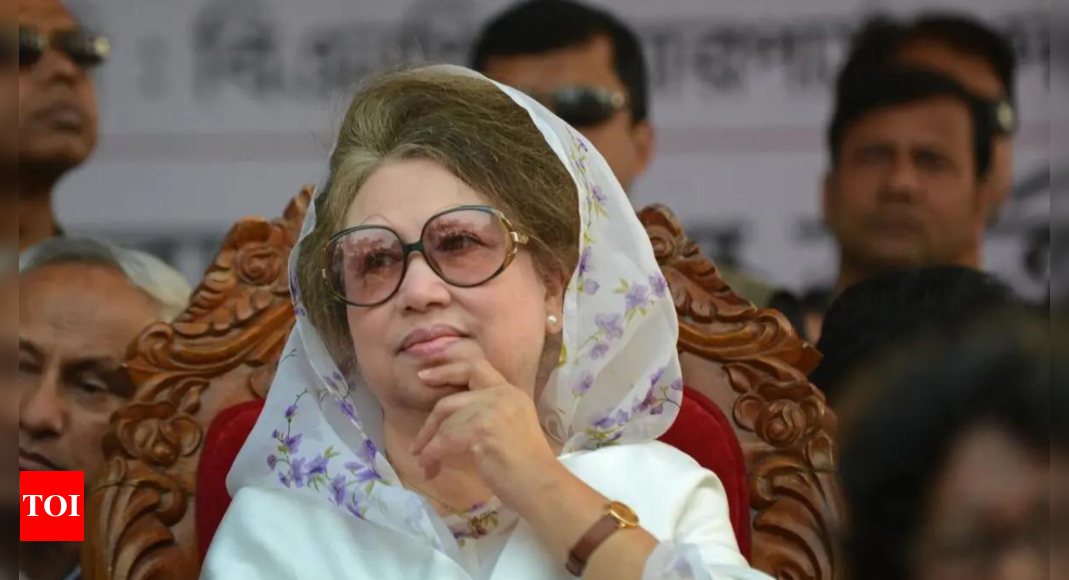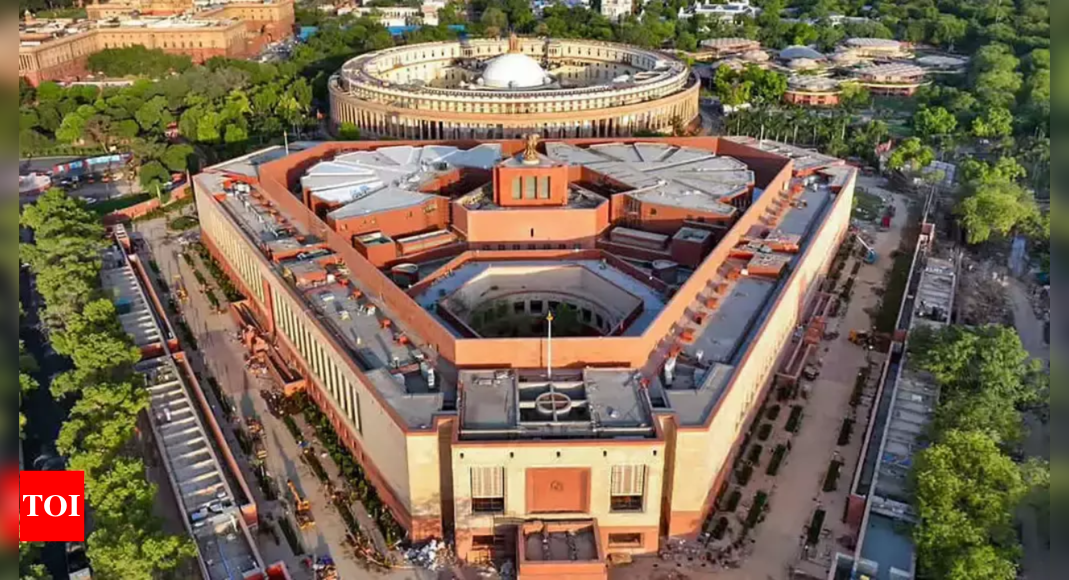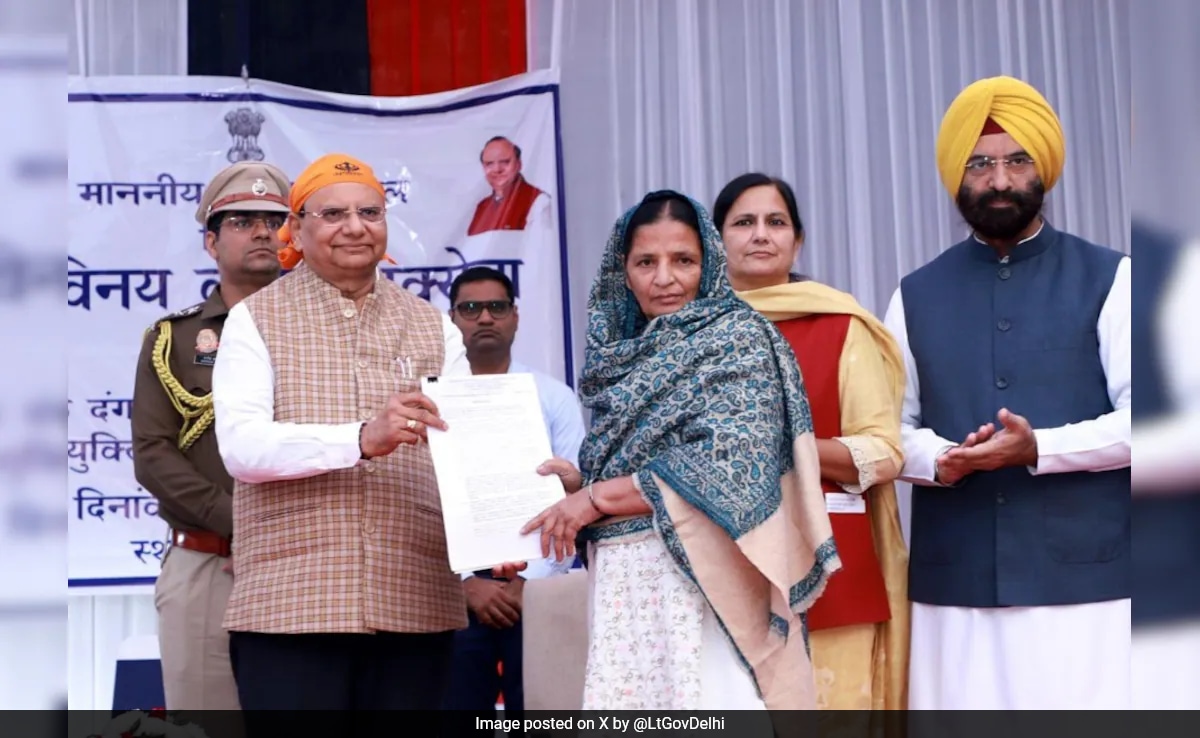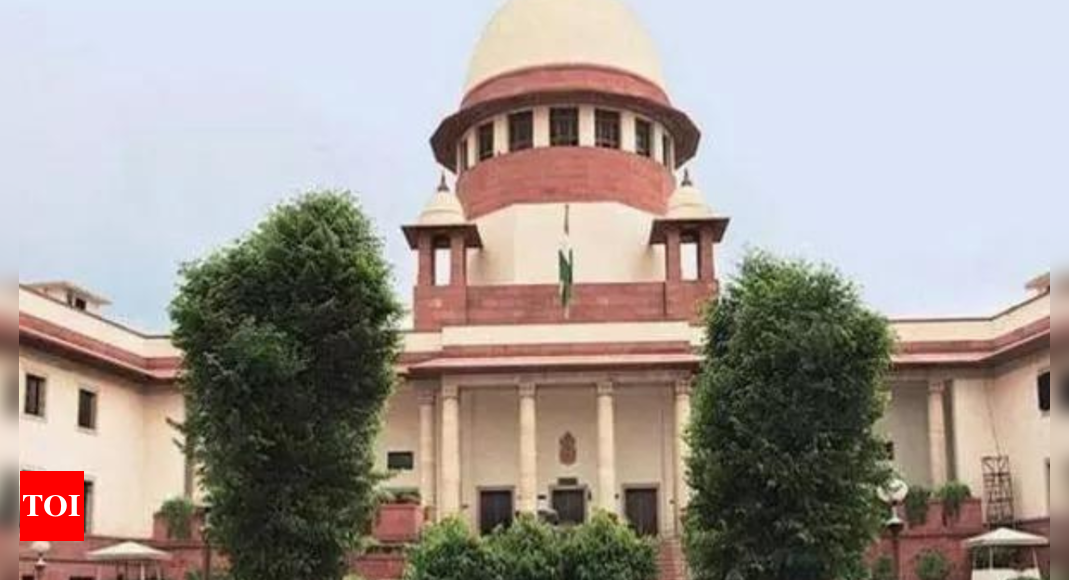
Khaleda Zia, former Bangladesh prime minister and a prominent opposition figure, has been released from years of house arrest after the ousting of her political rival, Sheikh Hasina. Mass protests on Monday led to Hasina fleeing the country after her resignation as country’s PM.
After Hasina’s emergency departure, the army chief announced the formation of an interim government.Moreover, orders were given to free prominent political prisoners, including Zia.
Zia, 78, had been serving a 17-year prison sentence for graft since 2018 during Hasina’s administration. A.K.M Wahiduzzaman, a spokesman for Zia’s party, the Bangladesh National Party (BNP), stated on Tuesday, “She is now freed.” Zia is reportedly in poor health, suffering from rheumatoid arthritis, diabetes, and cirrhosis of the liver, and uses a wheelchair.
The political rivalry between Zia and Hasina, known as the “battle of begums,” has shaped Bangladesh’s political landscape for decades. Their enmity can be traced back to the assassination of Hasina’s father, Sheikh Mujibur Rahman, the founding leader of Bangladesh, in a 1975 military coup. Several other family members were also killed.
Zia’s husband, Ziaur Rahman, was the deputy army chief at that time and took control of the government three months later. He initiated economic reforms in the impoverished country but was himself assassinated in a military coup in 1981.
Although initially dismissed as a politically inexperienced housewife, Zia became the leader of the BNP and opposed the dictatorship of Hussain Muhammad Ershad. She spearheaded protests and boycotted elections in 1986, eventually joining forces with Hasina to oust Ershad in 1990.
The subsequent years saw Zia and Hasina alternate in power, with Zia serving as Prime Minister from 1991-1996 and again from 2001-2006.
Their mutual contempt was evident during a political crisis in January 2007, which led to the imposition of emergency rule by the military and the establishment of a caretaker government. Both leaders were detained for more than a year. Hasina returned to power in 2008, winning a landslide victory, and remained in power until her recent flight to India.
Hasina’s tenure was marked by a crackdown on BNP members, with tens of thousands detained and many disappearing. Zia’s 2018 conviction on graft charges was dismissed by her party as politically motivated. She was released into house arrest under the condition that she neither participate in politics nor seek medical treatment abroad.
Zia’s first term as prime minister was credited with liberalising Bangladesh’s economy in the early 1990s, leading to decades of economic growth. However, her second term was spoiled by corruption allegations against her administration and sons, as well as a series of Islamist attacks, one of which nearly killed Hasina.
During her imprisonment, her eldest son, Tarique Rahman, led the BNP from exile in London. He was convicted in absentia and sentenced to life imprisonment for his alleged involvement in a 2004 bomb attack on a Hasina rally, charges the BNP claims were politically motivated to remove Zia’s influence from politics.
Zia gained respect for her unwavering resolve, though her unwillingness to compromise often hindered her ability to form crucial alliances domestically and internationally.
Even in personal tragedy, such as the death of her youngest son from a heart attack in Malaysia in 2015, Zia’s defiance was evident. Hasina visited Zia’s home to extend her condolences, but Zia did not open the door.
After Hasina’s emergency departure, the army chief announced the formation of an interim government.Moreover, orders were given to free prominent political prisoners, including Zia.
Zia, 78, had been serving a 17-year prison sentence for graft since 2018 during Hasina’s administration. A.K.M Wahiduzzaman, a spokesman for Zia’s party, the Bangladesh National Party (BNP), stated on Tuesday, “She is now freed.” Zia is reportedly in poor health, suffering from rheumatoid arthritis, diabetes, and cirrhosis of the liver, and uses a wheelchair.
The political rivalry between Zia and Hasina, known as the “battle of begums,” has shaped Bangladesh’s political landscape for decades. Their enmity can be traced back to the assassination of Hasina’s father, Sheikh Mujibur Rahman, the founding leader of Bangladesh, in a 1975 military coup. Several other family members were also killed.
Zia’s husband, Ziaur Rahman, was the deputy army chief at that time and took control of the government three months later. He initiated economic reforms in the impoverished country but was himself assassinated in a military coup in 1981.
Although initially dismissed as a politically inexperienced housewife, Zia became the leader of the BNP and opposed the dictatorship of Hussain Muhammad Ershad. She spearheaded protests and boycotted elections in 1986, eventually joining forces with Hasina to oust Ershad in 1990.
The subsequent years saw Zia and Hasina alternate in power, with Zia serving as Prime Minister from 1991-1996 and again from 2001-2006.
Their mutual contempt was evident during a political crisis in January 2007, which led to the imposition of emergency rule by the military and the establishment of a caretaker government. Both leaders were detained for more than a year. Hasina returned to power in 2008, winning a landslide victory, and remained in power until her recent flight to India.
Hasina’s tenure was marked by a crackdown on BNP members, with tens of thousands detained and many disappearing. Zia’s 2018 conviction on graft charges was dismissed by her party as politically motivated. She was released into house arrest under the condition that she neither participate in politics nor seek medical treatment abroad.
Zia’s first term as prime minister was credited with liberalising Bangladesh’s economy in the early 1990s, leading to decades of economic growth. However, her second term was spoiled by corruption allegations against her administration and sons, as well as a series of Islamist attacks, one of which nearly killed Hasina.
During her imprisonment, her eldest son, Tarique Rahman, led the BNP from exile in London. He was convicted in absentia and sentenced to life imprisonment for his alleged involvement in a 2004 bomb attack on a Hasina rally, charges the BNP claims were politically motivated to remove Zia’s influence from politics.
Zia gained respect for her unwavering resolve, though her unwillingness to compromise often hindered her ability to form crucial alliances domestically and internationally.
Even in personal tragedy, such as the death of her youngest son from a heart attack in Malaysia in 2015, Zia’s defiance was evident. Hasina visited Zia’s home to extend her condolences, but Zia did not open the door.









